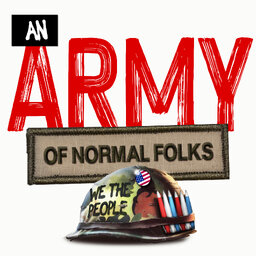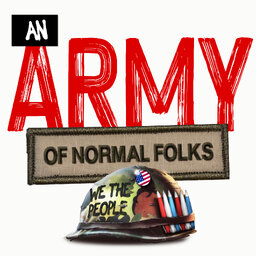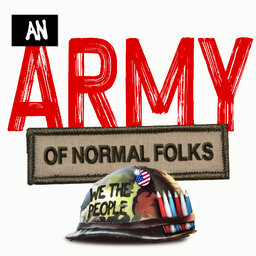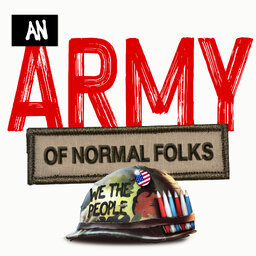Antong Lucky: If You Lead for Evil, Imagine What You Could Do For Good (Pt 2)
As a teenager, Antong founded the Dallas Blood gang and ran the city’s roughest streets. This inevitably landed Antong in prison, where a man told him that if he could lead for evil, imagine what he could do for good. He now leads Urban Specialists, which has transformed the lives of 819 OGs like himself.
In 1 playlist(s)
An Army of Normal Folks
Our country’s problems will never be solved by a bunch of fancy people in nice suits talking big wor…Social links
Follow podcast
Recent clips

How America Lost “We” — And How You Can Help Rebuild It Today
16:17

What If We Stopped Treating People Like Mascots? (Pt 1)
39:18

What If We Stopped Treating People Like Mascots? (Pt 2)
1:00:46
 An Army of Normal Folks
An Army of Normal Folks